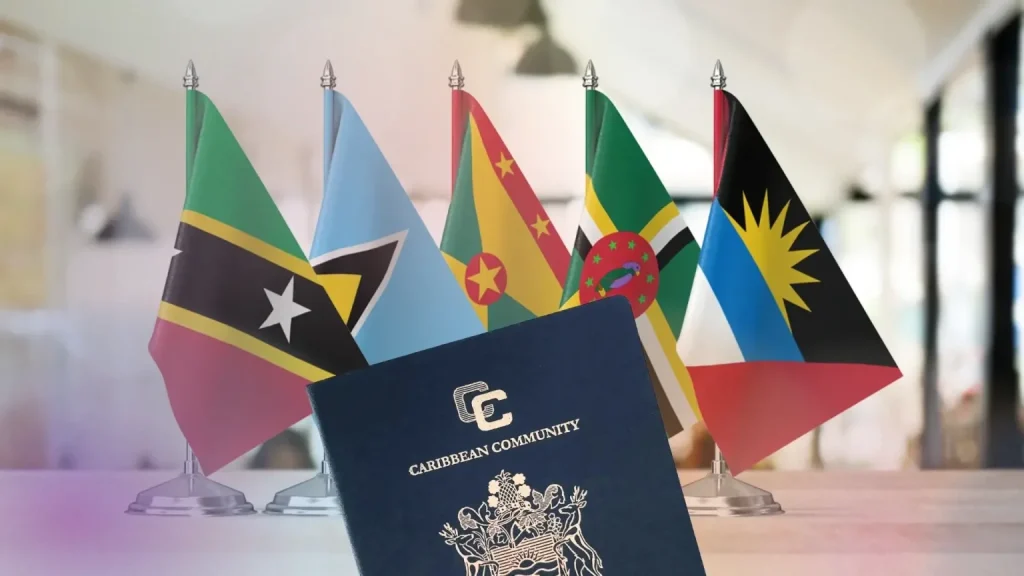The Heads of Government of the participating Citizenship Investment Programmes of the Eastern Caribbean States today announced the signing of an agreement to further strengthen the integrity, transparency, and sustainability of the Citizenship by Investment Programmes (CIP) offered by the five Member States through the establishment of a regional regulatory authority.
These reforms were developed through extensive regional and international consultations with CBI industry stakeholders and international partners such as the United States, United Kingdom and the European Commission.
Over the past two years, the OECS Member States of Antigua & Barbuda, the Commonwealth of Dominica, Grenada, St. Kitts & Nevis, and Saint Lucia have engaged in intensive dialogue with global partners and have agreed to the adoption of region-wide principles that reaffirm the legitimacy and necessity of CIP revenues to small island economies.
Key Provisions
- Establishment of a Regional Regulator
The OECS Member States will enact the enabling legislation to establish the Eastern Caribbean Citizenship by Investment Regulatory Authority (ECCIRA)by October 2025. This body will oversee all CBI/CIP activities, ensuring uniform standards, rigorous oversight, and compliance across participating States.
2. Enhanced Security and Due Diligence
- Mandatory biometric data collection from all new applicants at the time of interview.
- Biometric data collection for previously approved applicants at the time of passport renewal.
- Stronger residency and genuine link requirements for approved applicants.
- Comprehensive vetting supported by the CARICOM IMPACS Joint Regional Communications Centre (JRCC), with expanded personnel and technology capacity funded by CBI/CIP revenues.
3. Transparency and Accountability
- Binding standards for all national CBI/CIP Units and licensed agents.
- Annual public reports on compliance and enforcement actions.
- Regional registers of applicants, licensees, and developers to prevent abuse of the system.
4. Compliance and Enforcement
- Administrative Fines and Penalties on CBI/CIP Units and licensees
- Revocation for non-compliance and non-performance of contractual obligations
5. Economic Sustainability and Resilience
A region-wide minimum investment threshold of US$200,000 has been adopted, ensuring the programmes remain credible while continuing to fund critical infrastructure, climate resilience, and social development initiatives.
Engagement with Global Partners
These reforms are the result of continuous and constructive dialogue:
- US-Caribbean Roundtables in 2023 and 2024.
- EC engagement in Dominica (January 2024)
- UK, US, and EC consultations in Grenada (August 2024) and London (January 2025).
- Stakeholder consultations with industry professionals, Attorneys General, Financial Secretaries and civil society (March–August 2025).
International partners have recognised that dismantling CIP programmes would devastate the economies of small island developing states, which depend on these revenues for fiscal stability, resilience against climate shocks, and post-pandemic recovery.
The governments are united in ensuring that their Citizenship by Investment Programmes meet the highest standards of international transparency and accountability. These reforms demonstrate their commitment to safeguarding global security while preserving a legitimate development tool that is indispensable to the survival and prosperity of their nations.





